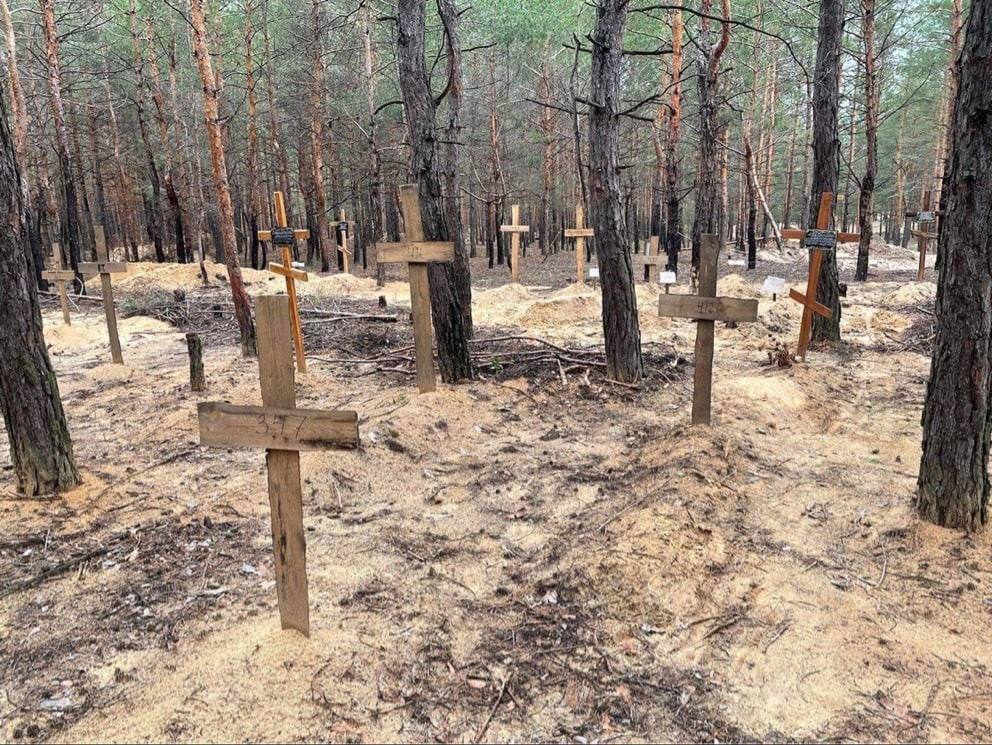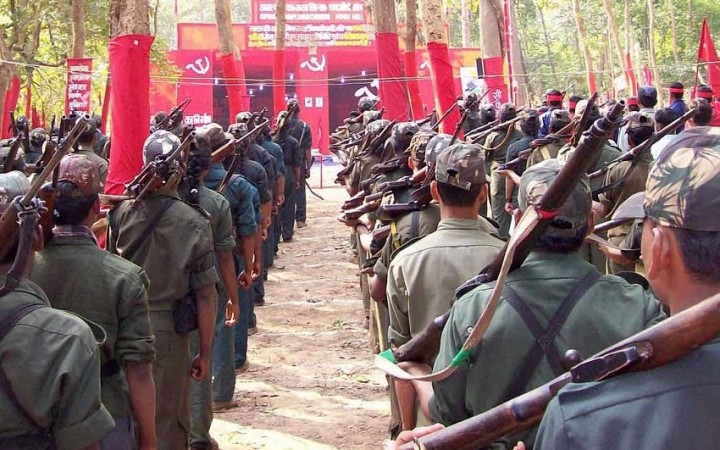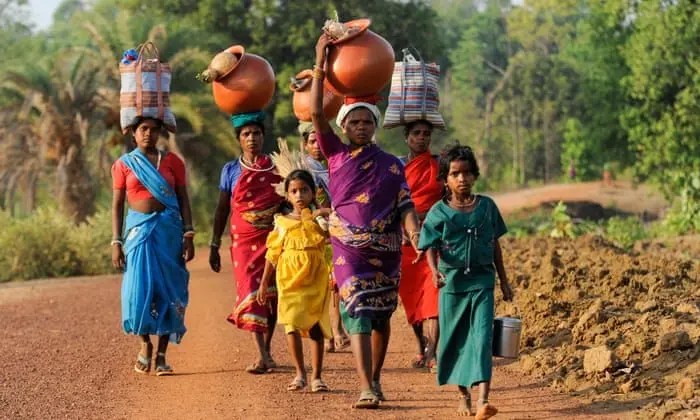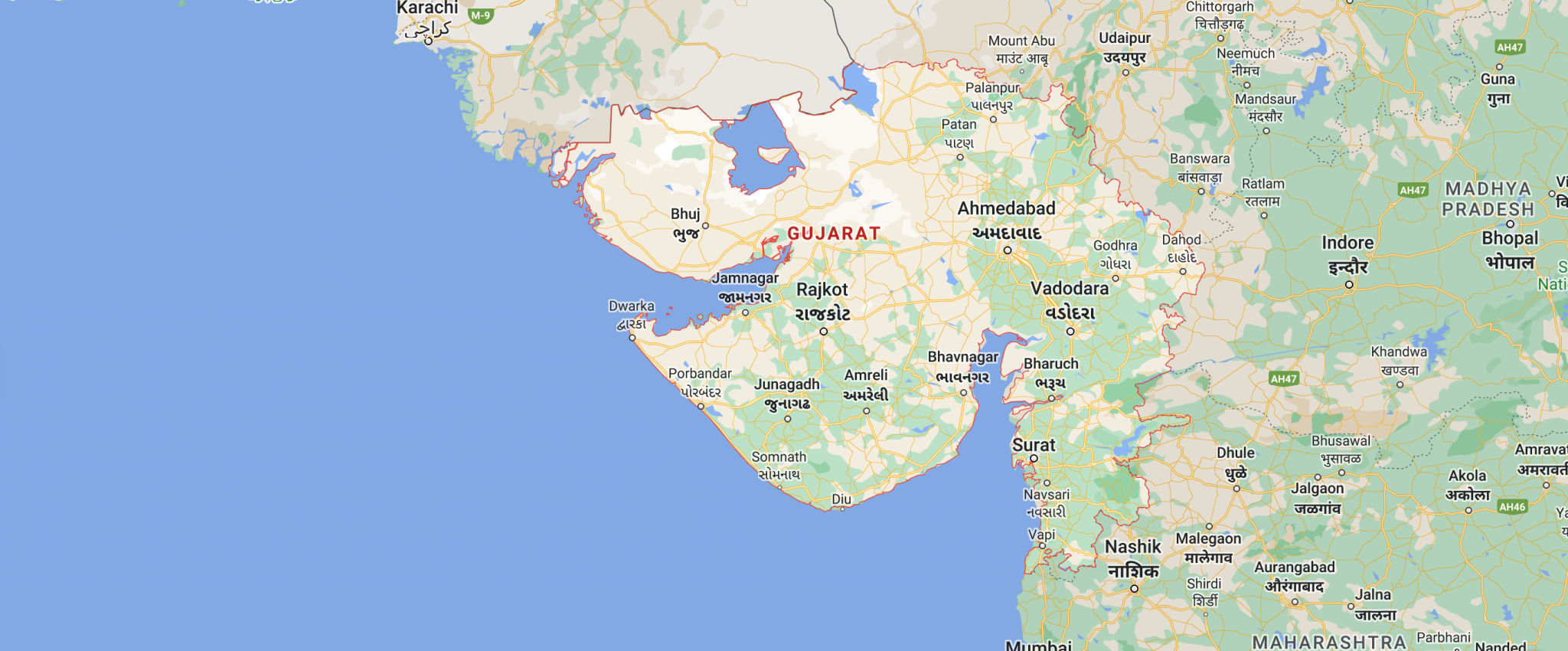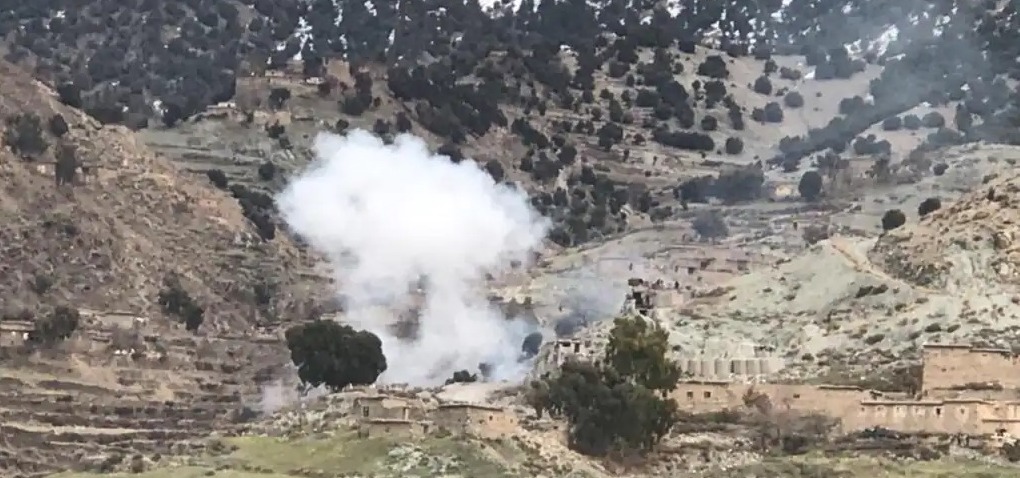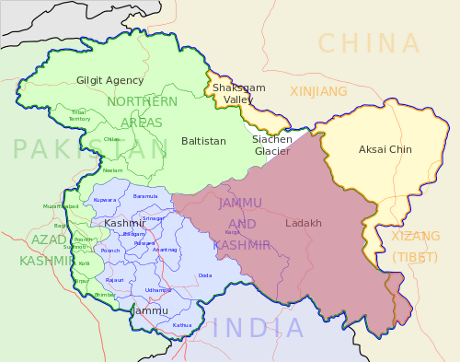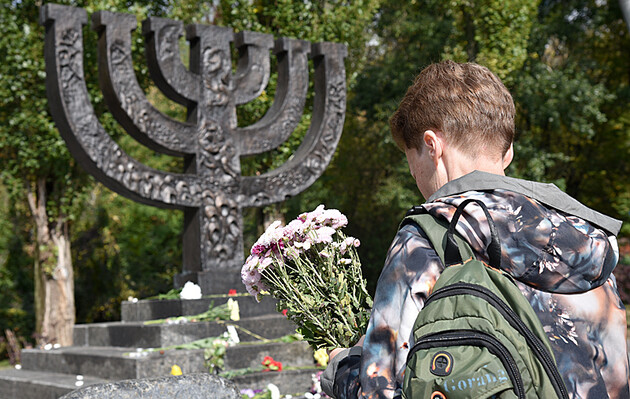
Egypt: COP27 opens amid repression
The 27th UN Climate Change Conference (COP27) opened in Egypt’s Red Sea resort of Sharm el-Sheikh—in an atmosphere of censorship and repression. In the weeks prior to the summit, Egyptian authorities arrested hundreds of people for allegedly planning protests, with at least 151 currently detained by the Supreme State Security Prosecution (SSSP), according to Amnesty International. The Egyptian Front for Human Rights (EFHR) reported that in the final days of October, the SSSP ordered at least 65 people detained for 15 days on charges including publishing “fake news” and misusing social media platforms. (Image via Twitter)



